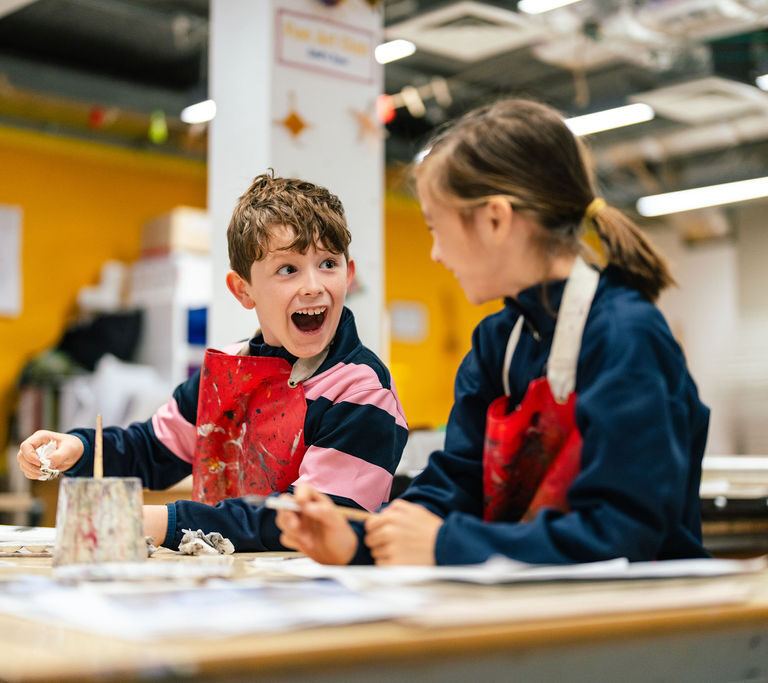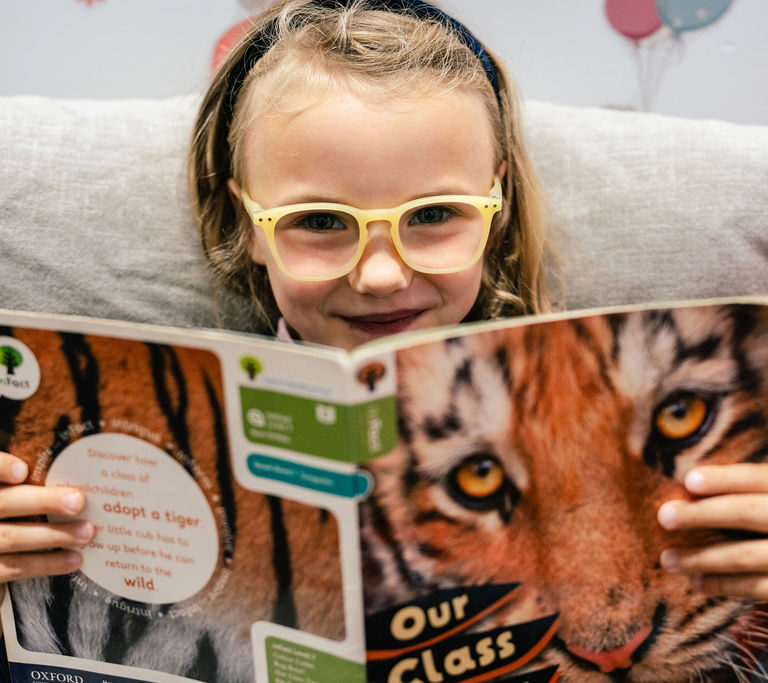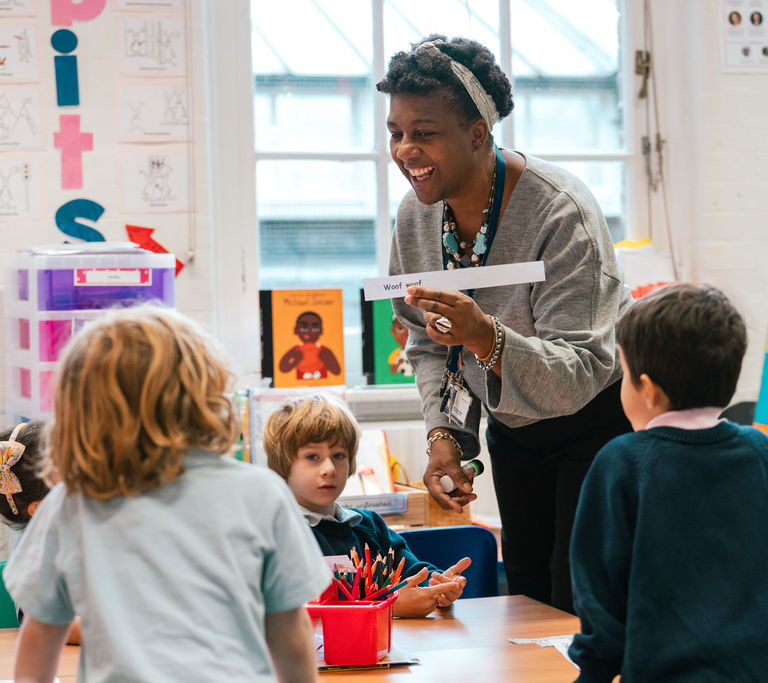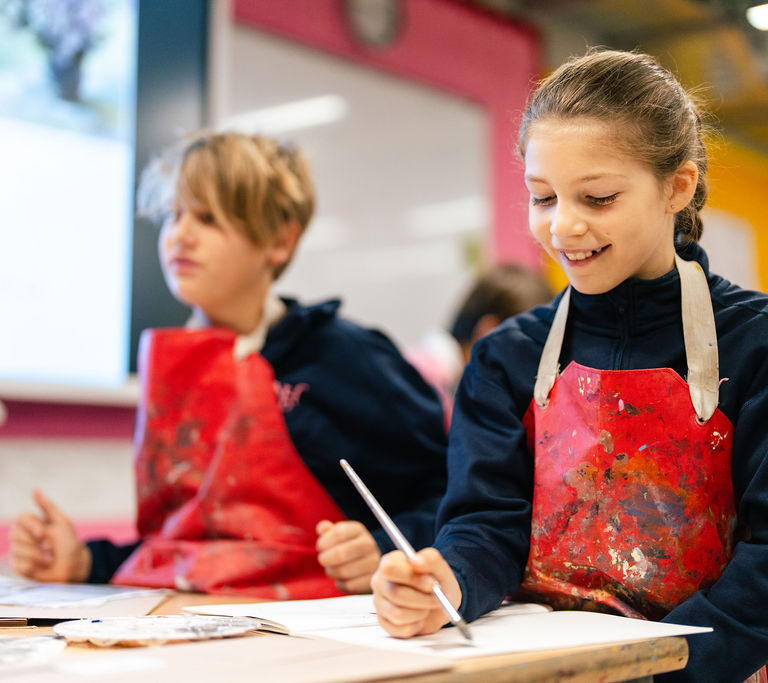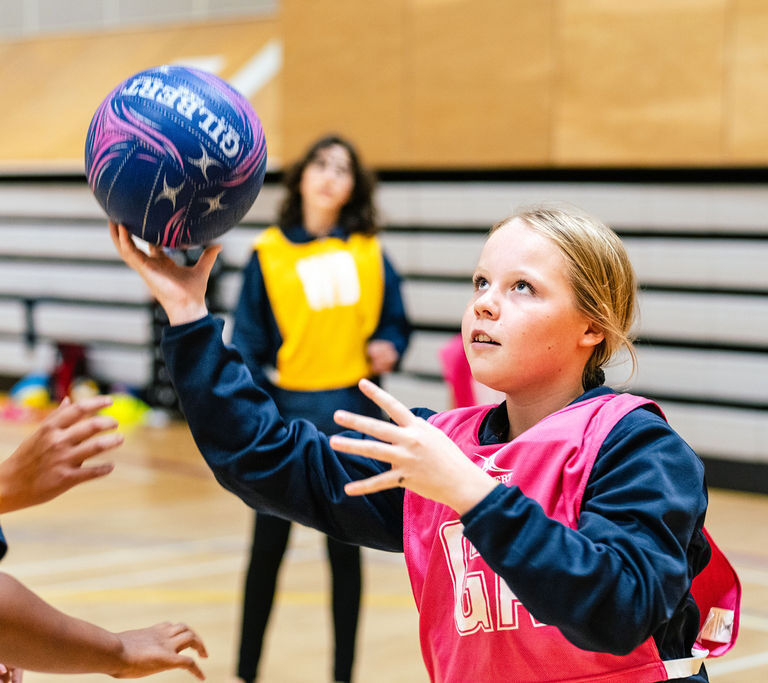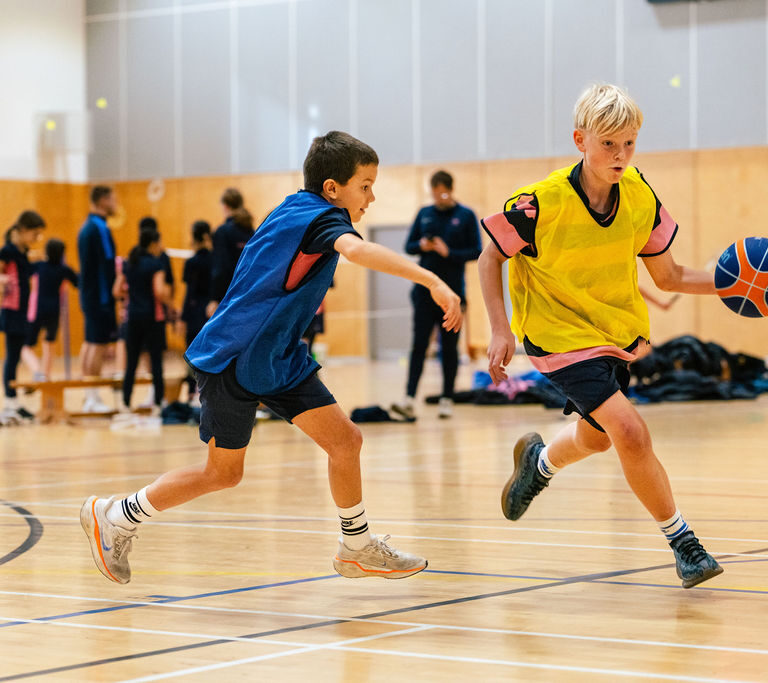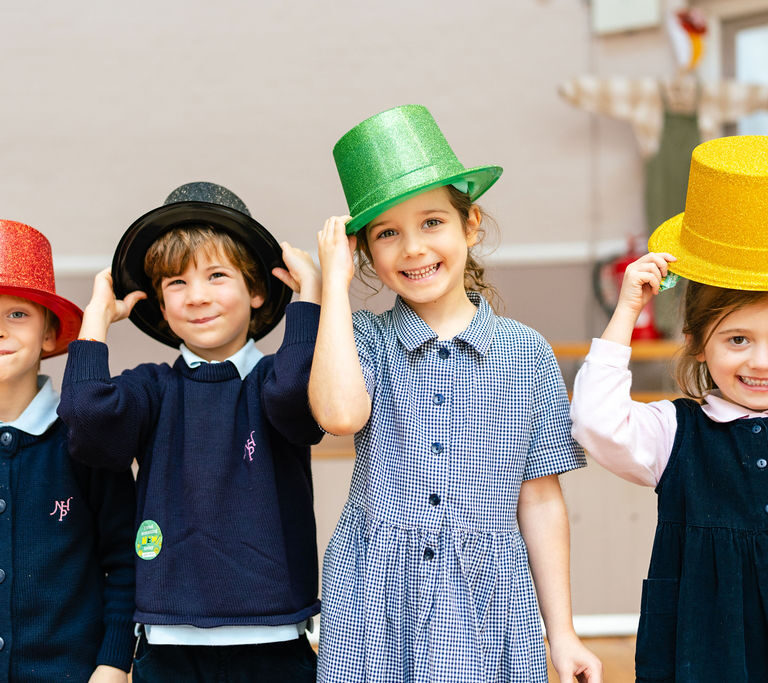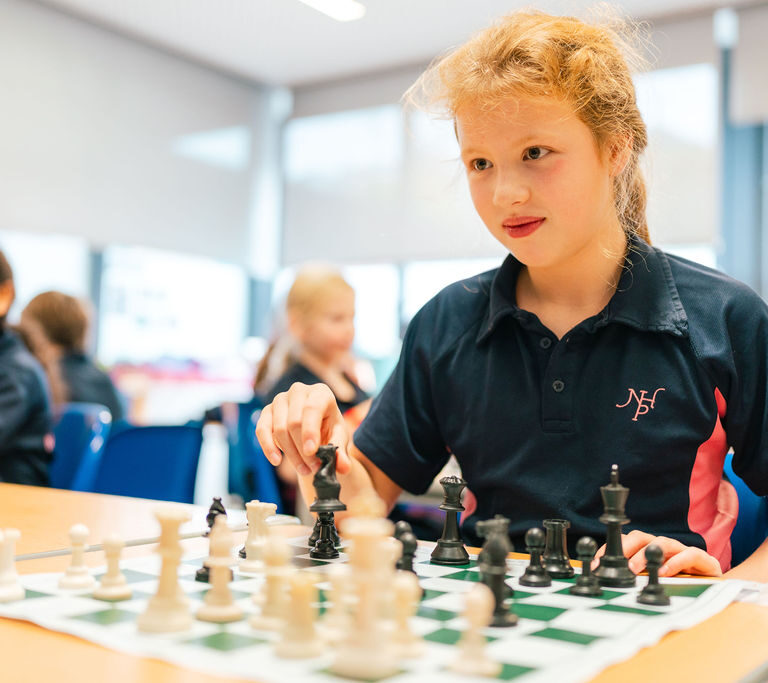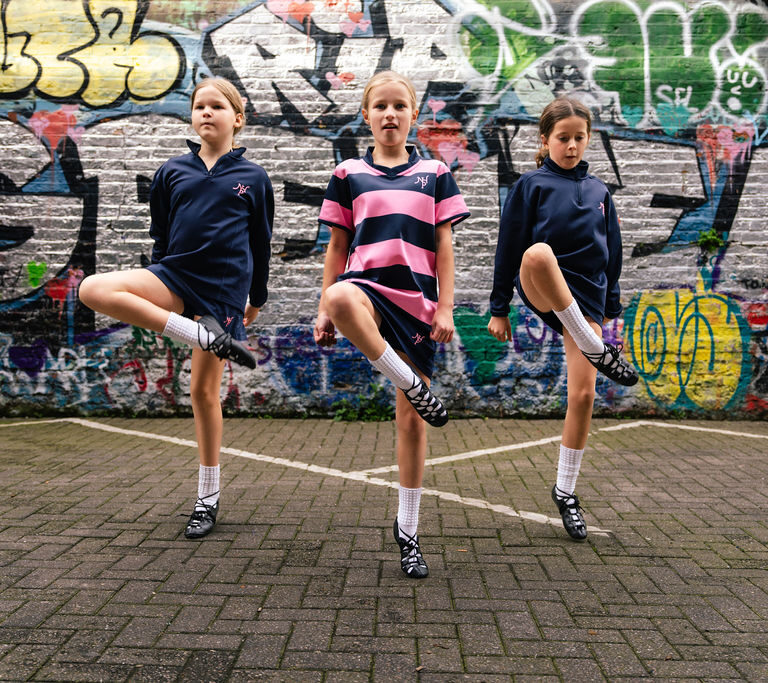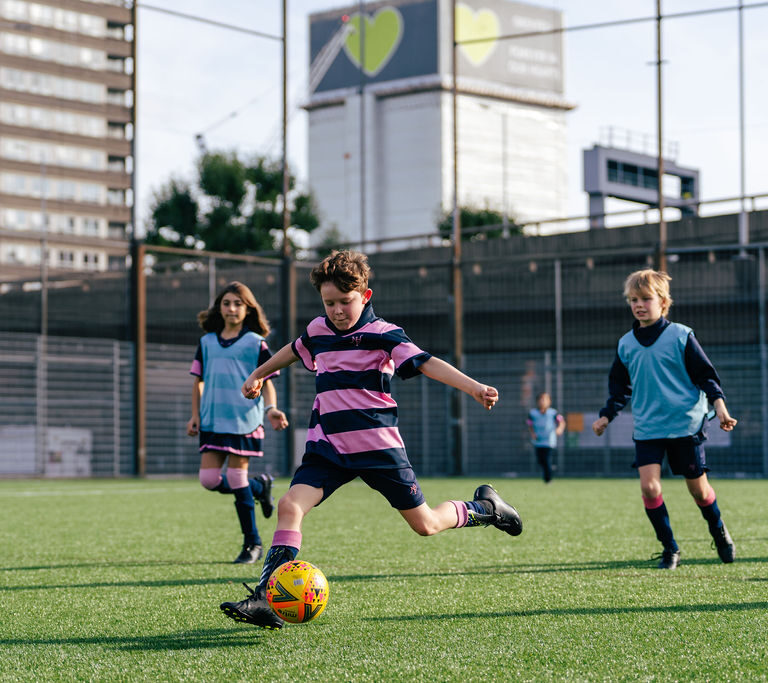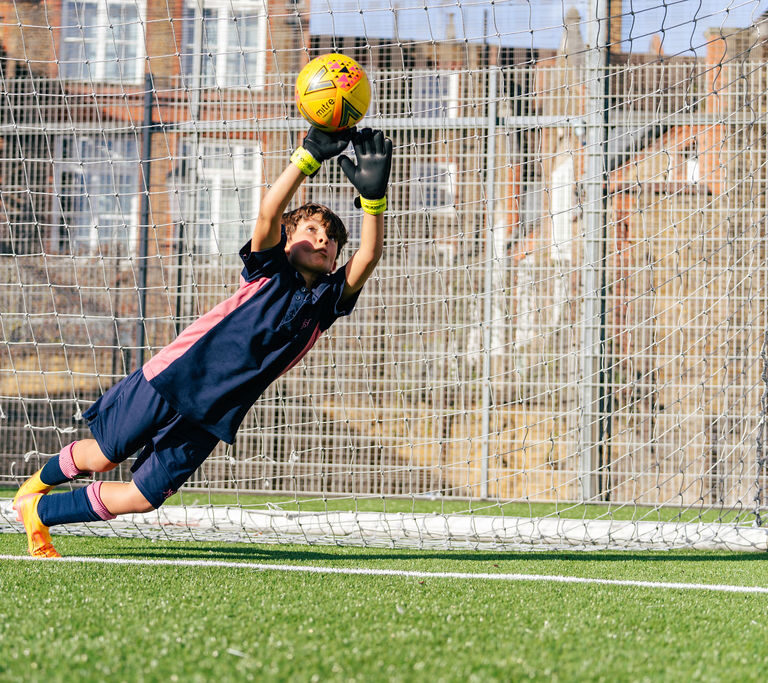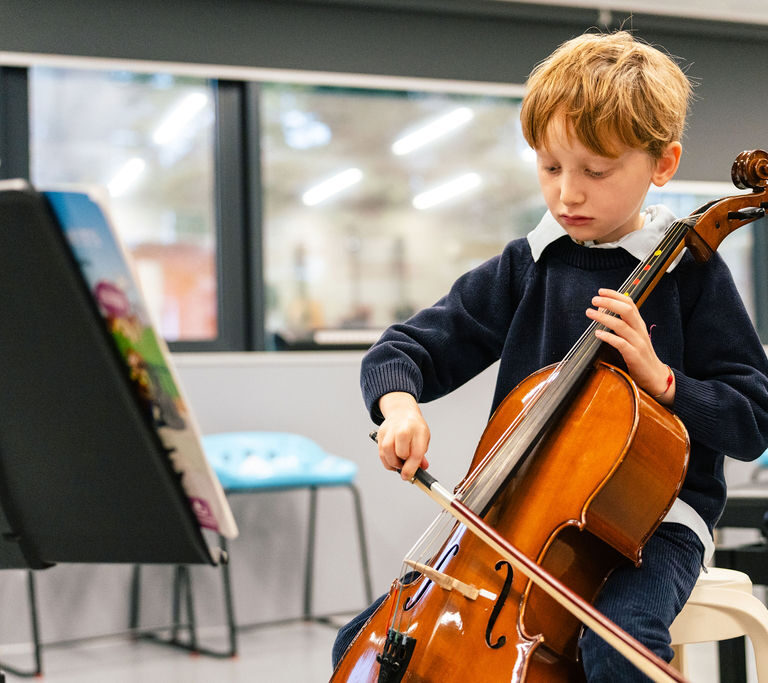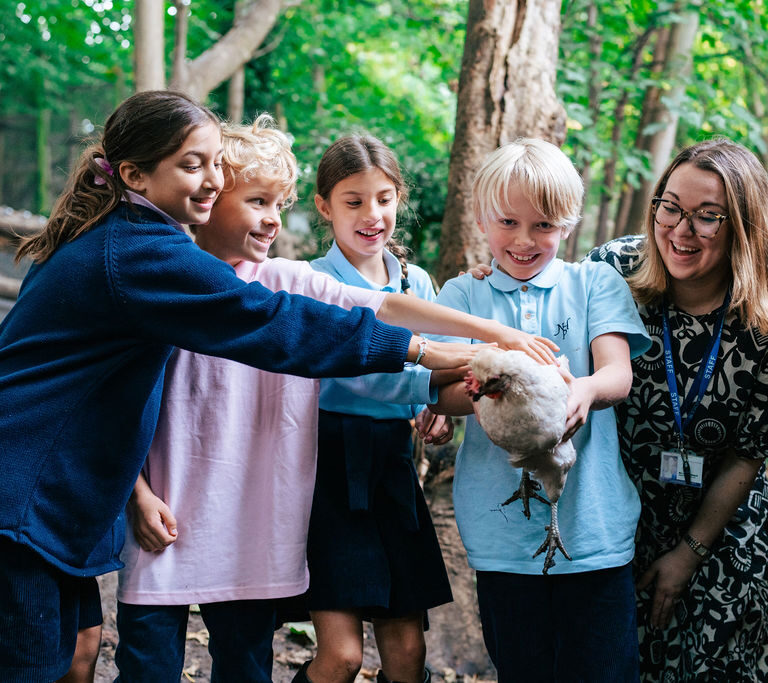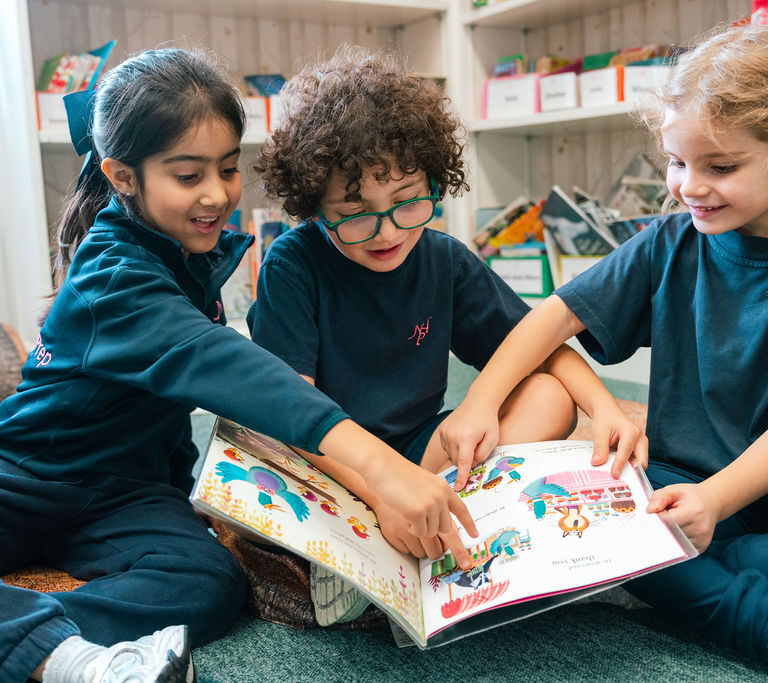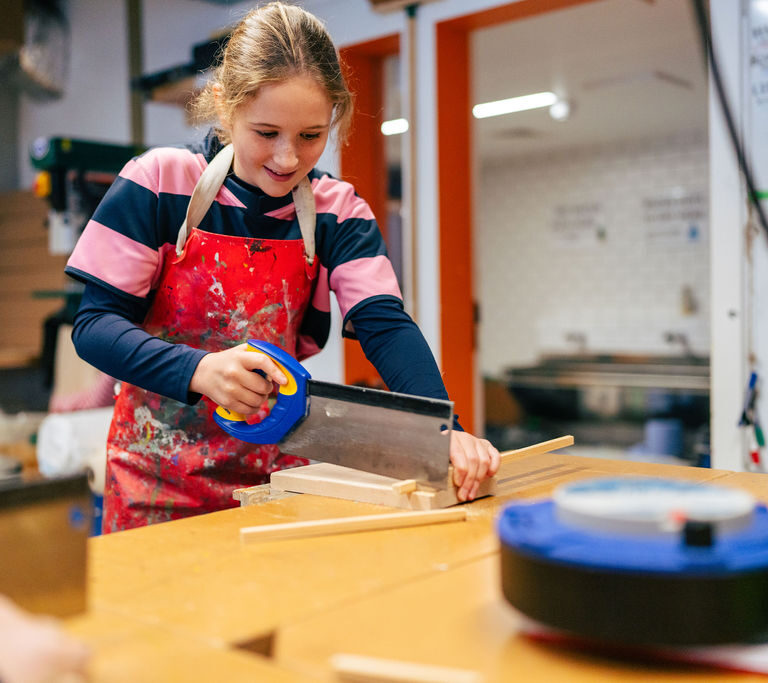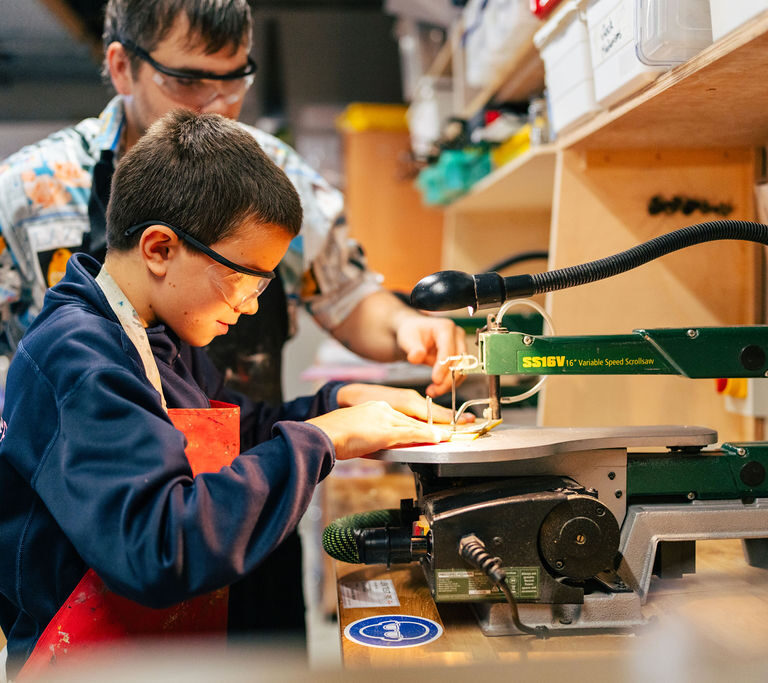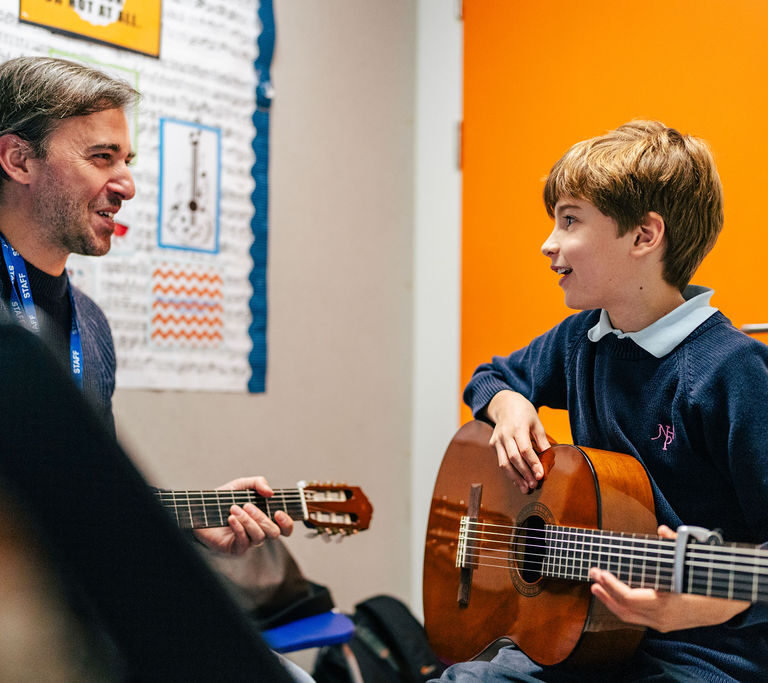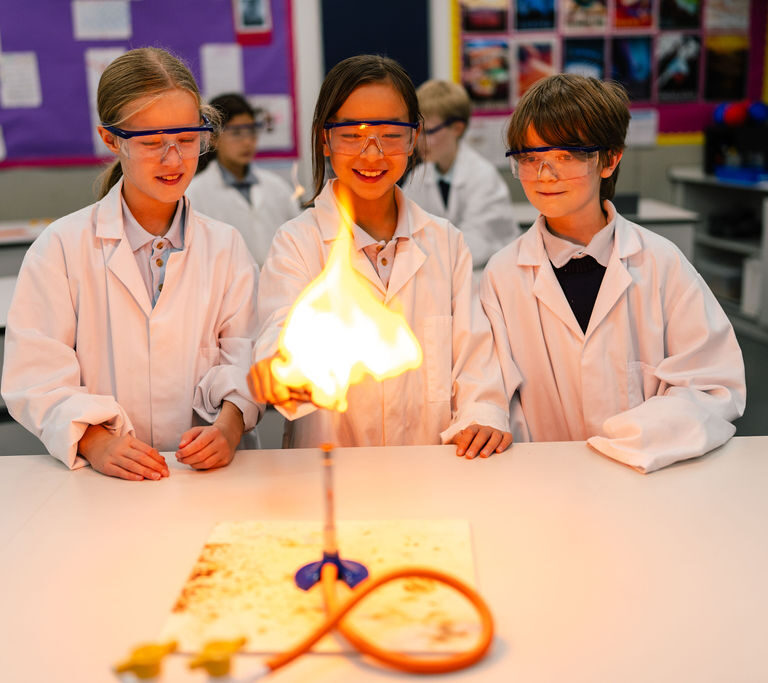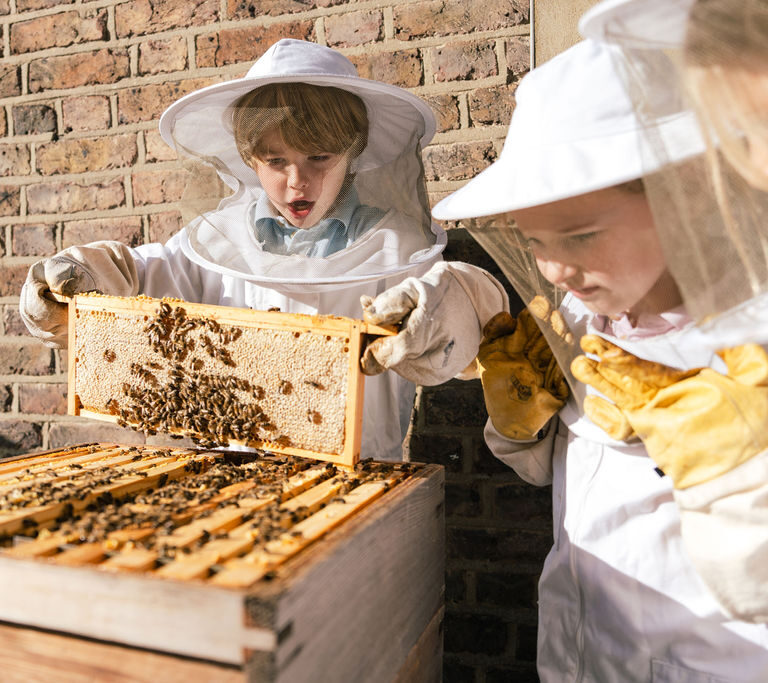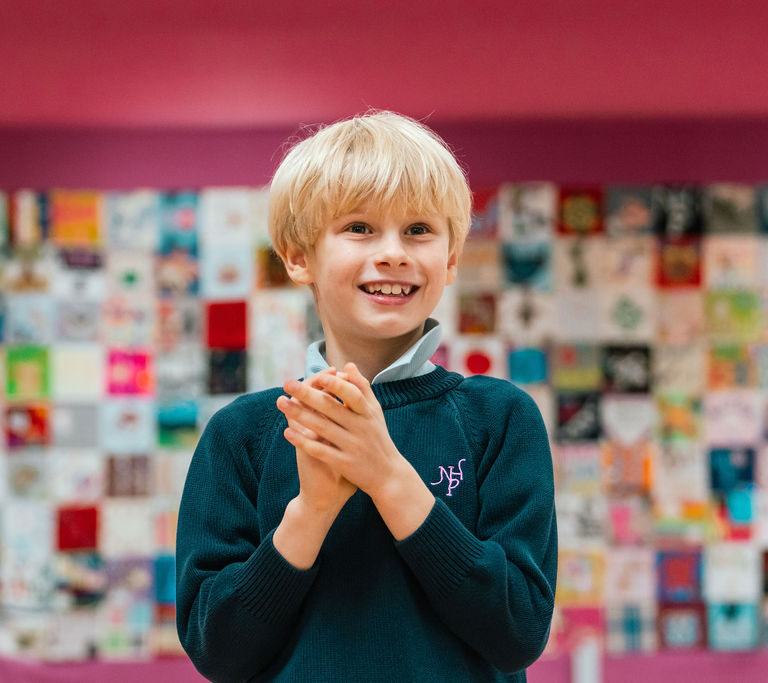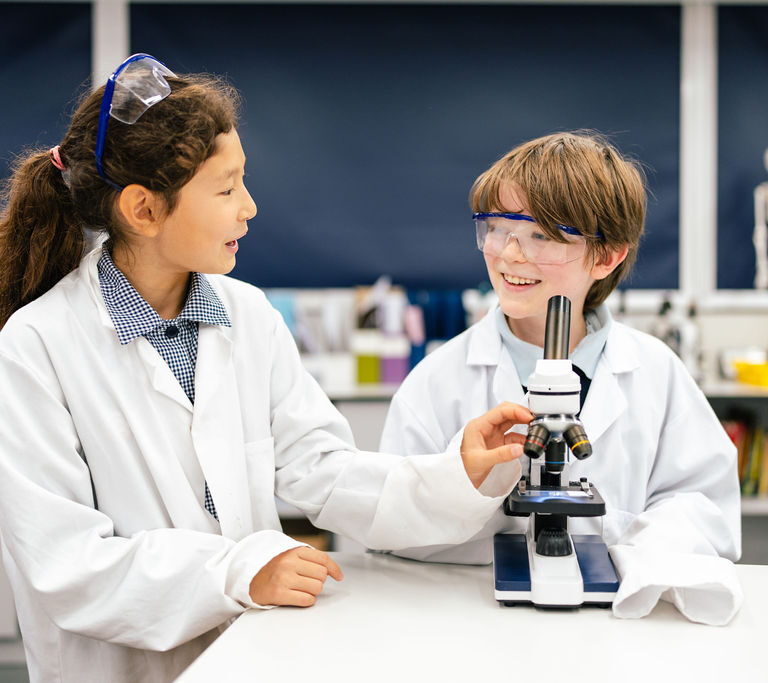The Humanities syllabus at NHP
The Humanities syllabus at NHP is structured around three core areas: History, Geography, and Theology, Philosophy, and Religion (formerly known as Religious Studies). Starting in Year 5, these subjects are taught by dedicated subject specialists, ensuring that students receive a focused and high-quality education in each discipline. We take great pride in offering a diverse and contemporary curriculum that goes beyond the traditional confines of the UK. Our approach emphasizes the importance of an engaging and comprehensive curriculum, enabling children to explore History, Geography, and TPR from a global perspective. This broadens their understanding and appreciation of different cultures, events, and belief systems around the world.
In the Upper School, History, Geography, and TPR are integrated to create a cohesive and interconnected learning experience. These subjects collaborate closely to develop a ‘joined-up approach’ to the Humanities, often using specific locations as thematic anchors for their studies. This interdisciplinary method allows students to examine complex topics from multiple perspectives, enriching their critical thinking and analytical skills. By exploring a region’s historical context, geographical features, and theological or philosophical significance, students gain a deeper and more holistic understanding. This strategy not only enhances their academic knowledge but also fosters a greater appreciation for the interconnectedness of human experiences across the globe. Through this approach, we aim to equip our students with the skills and perspectives necessary to navigate and contribute meaningfully to an increasingly interconnected world.
History
History at NHP aims to foster a sense of wonder and awe about the past in children, making historical stories relevant and connected to their future. Our approach to teaching History goes beyond the traditional “read, remember, regurgitate” method; instead, we focus on promoting creative thinking skills. Students are encouraged to question, evaluate, analyze, debate, and experience historical narratives, all while honing their ability to write coherently and fluently. To stimulate natural curiosity and bring History to life, we incorporate a variety of engaging activities such as drama, trips, research projects, inquiries, films, and artifact handling. These hands-on experiences not only make learning more interactive and enjoyable but also help students develop a deeper understanding and appreciation of the past, connecting it meaningfully to their present and future.
Geography
Discussion and debate are integral to the Geography department’s questioning approach, fostering an environment that leads to independent discovery. We aim to teach Geography in a way that will influence our pupils’ actions for the rest of their lives, encouraging them to be deeply observant and develop a critical understanding of significant concepts such as ‘sustainable development’ and ‘interdependence’. By engaging students in thoughtful discussions and lively debates, we enable them to explore geographic concepts actively and critically. This approach not only enhances their analytical skills but also instills a sense of responsibility and awareness about global issues. Our goal is for students to carry these insights with them, applying their knowledge and understanding to make informed, conscientious decisions throughout their lives. Through this immersive and interactive method, we strive to cultivate geographically literate individuals who are well-prepared to navigate and positively impact an interconnected and ever-changing world.
Theology, Philosophy, Religion
An enquiry-based approach to learning blends comfortably with the NHP mindset. During their time with us in the Lower and Middle School, pupils will focus on each of the main world religions in a four-step process of questioning, engagement, investigation and evaluating. Whilst fostering an ethos of tolerance, open-mindedness, empathy and curiosity, we explore themes such as commitment, family, faith, support, belonging and identity. This also gives the children the opportunity to explore their own sense of faith and spirituality and their personal understanding of God.
In the Upper School, TPR is planned alongside History and Geography and, using locations, such as India or China, as anchors, pupils explore the impact and importance of religion within the specific context and period of history.
As part of their learning, children will visit a range of different places of worship and meet visiting practitioners and priests from different religions in assemblies and workshops.

